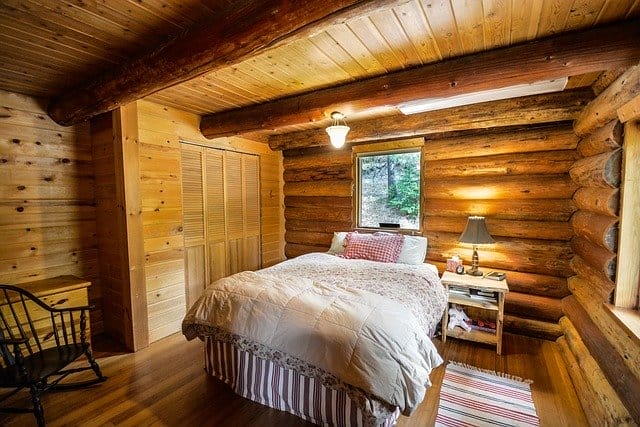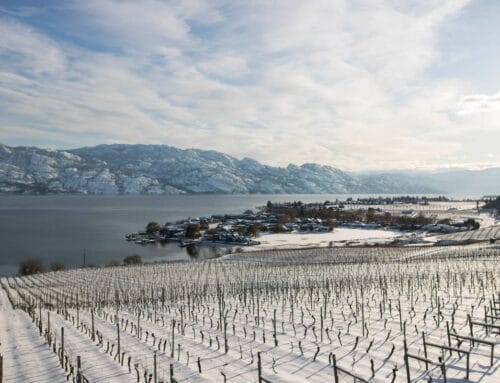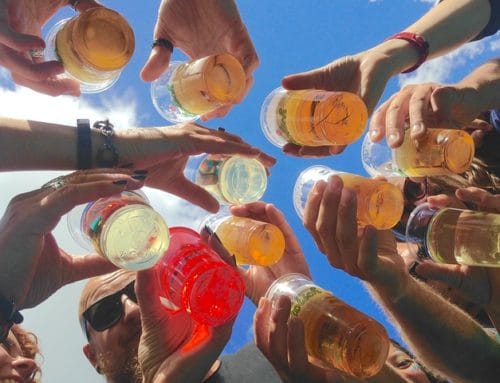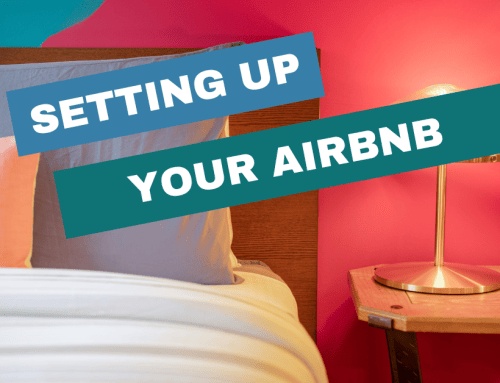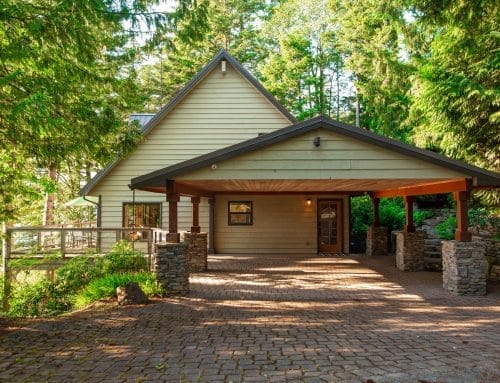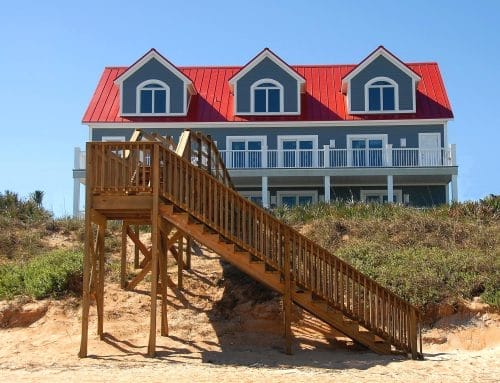How To Start A Short-Term Rental On BC Farmland
Farming is a challenging business. The success of a farm is dependent on good weather, requires large capital investments, has a seasonal cash flow, and influenced by global economic and political forces; much like the short-term vacation rental industry. British Columbian farmers face the additional challenge and opportunity of extremely desirable and expensive farmland.
Many BC farmers look to increase and diversify their revenues by offering short-term tourist accommodations. By offering overnight stays, farmers receive both revenues from the bookings, and direct contact with the food lovers that enjoy. This creates a unique opportunity to sell a plethora of local farm products. The guests that stay on the farm enjoy a unique educational culinary experience that is only possible by getting their hands dirty and meeting their food.
The British Columbia Agricultural Land Commission (ALC) governs and protects the Agricultural Land Reserve (ALR) or farmland in BC. Many of the regulations are complicated and confusing. The ALC wants to prevent hotels and motels from taking up fertile farmland. New laws even regulate the removal of soil or fill. If needed, Lifty Life Hospitality can provide a simple overview, along with some helpful marketing suggestions. Your local municipality may have further bylaws and regulations. We strongly encourage you to read the ALR regulations, your local municipal bylaws, and seek professional help if you are interested in starting an Airbnb on BC farmland.
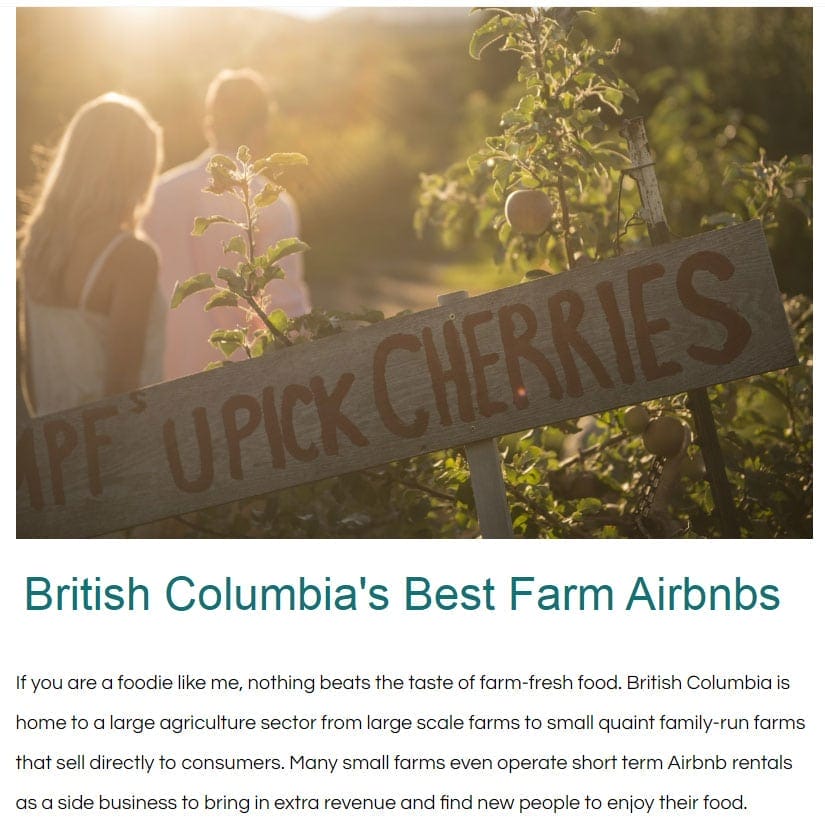
Agri-Tourism Accommodation vs Tourist Accommodation
At first glance, the ALC has two different terms for nightly-rentals on farmland, but they do have different meanings. In short Agri-Tourism Accommodation is a campground; Tourist Accommodation is a bed and breakfast.
Agri-Tourism Accommodations
The ALC information bulletin 6 on Accommodation for Tourists in the ALR requires the following: (among other regulations)
- Secondly to farm operations
- Less than 5% of the land parcel (2178 sqft per acre)
- 10 “Sleeping units” or less
- Seasonal (not operating all four seasons) and rented short-term (less than 30 days)
ALC Policy L-04 forbids “any permanent structure, hard surfacing such as asphalt, concrete or other hard surface paths or parking areas, concrete pads, structural foundations, retaining walls, permanent tents (erected for more than 90 days) and permanent alteration to the landscape (permanent fill, gravel, berms, hills, dugouts, amphitheatres).”
In short RVs, tiny homes, campgrounds seem permissible. I imagine that tiny homes and campgrounds would appeal to the kind of tourist who wants to stay overnight at a small farm.
Ideas for Agri-Tourism Accommodations
Just because you can’t build permanent buildings nor pour cement foundations does not mean that you can’t offer your guests a memorable vacation, nor does it mean that you can’t offer premium amenities and charge a premium price. But you will have to clearly define and target your customers (learn how to use target markets to grow your vacation rental). Even the most rustic campground requires some basic infrastructure, such as power, water, and waste hookups for RVs. Once RV hookups are in place, toilets, showers, and tiny houses can be added as financing allows. Your goal is to create a unique experience that will attract adventurous tourists that want to escape the city and enjoy the county farm lifestyle.
Tourist Accommodation (B&B)
“Tourist accommodation” is fundamentally a bed and breakfast (B&B), but there does not seem to be any requirement to offer breakfast. However, there is reason to think that offering breakfast would increase revenues from your visitors.
The general points from Section 34 of the ALR Use Regulation are as follows:
- Must be a bed and breakfast in nature
- Maximum of 4 bedrooms
- The bulding is under 500 m2 (5381 sq ft)
- For short-term tourist rentals

If you are interested in help starting or operating a short-term rental on your farm please contact us.

